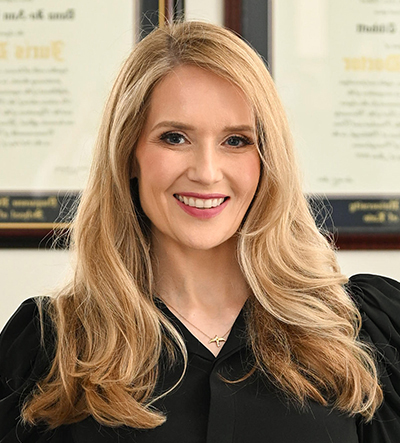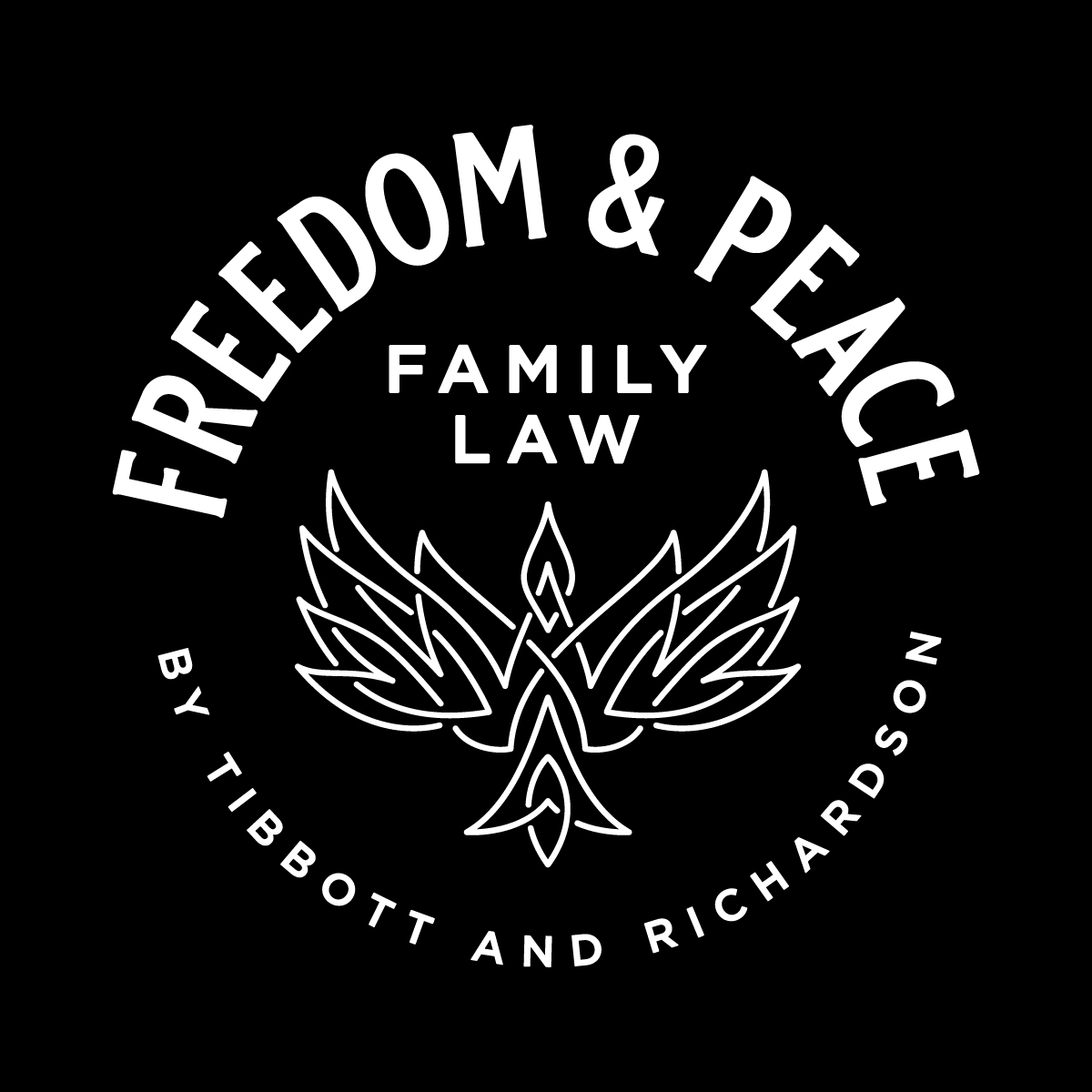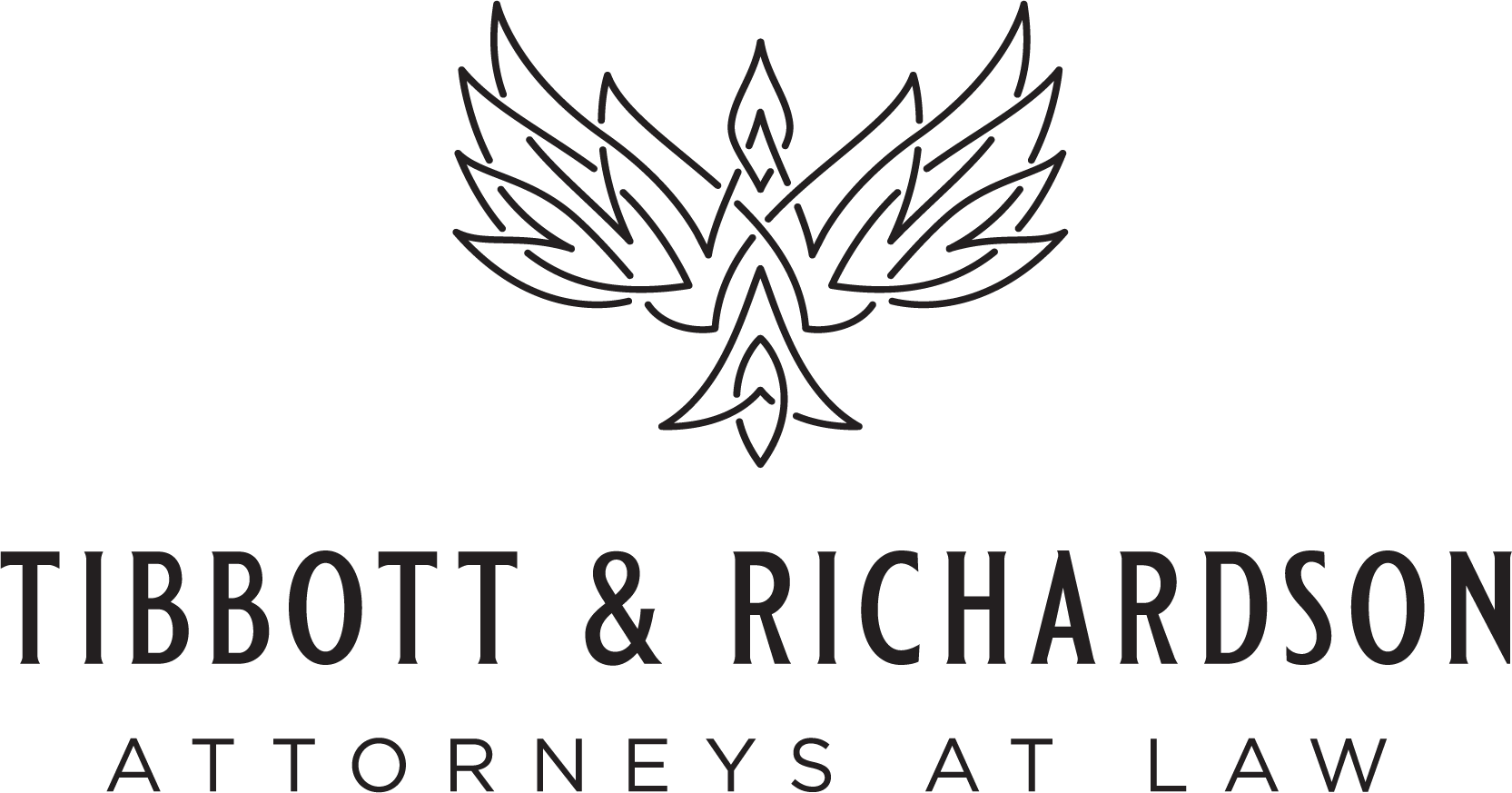Grandparents Rights In PA
Grandparents Rights In PA
Grandparents’ Rights to Custody in Pennsylvania – Do you even have rights to your grandchild?
If you are a grandparent seeking custody or visitation rights for your grandchildren, you’ve come to the right place. Pennsylvania recognizes the significance of preserving family bonds, and grandparents may find legal recourse under specific circumstances.
We often see grandparents seeking to get rights to their grandchildren because they are the primary caregivers. This is sometimes because of drug and alcohol issues of the parents, mental health issues of the parents, or death of a parent. It is important to understand when a grandparent has rights, because it is only under specific circumstances that you have any rights at all to your grandchildren.
Understanding Grandparents’ Custody Rights:
Pennsylvania law acknowledges the vital role grandparents play in their grandchildren’s lives. However, seeking custody or visitation rights is not automatic and involves meeting certain criteria.
1. Establishing Legal Standing:
Grandparents must establish legal standing to pursue custody. This means asking the Court to agree that you, the grandparent, even has the right to be in court over the issue of custody of your grandchild(ren). This can involve proving that your relationship with the child commenced with the consent of the parent or under Court Order. Additionally, standing may be established if the child is at risk due to factors such as parental substance abuse, neglect, or abandonment. If the child has lived with you for the last year and you were the main caregiver, you will likely be granted standing under a doctrine called in loco parentis, or in the place of a parent.
2. Best Interests of the Child Standard:
Pennsylvania family courts adhere to the “best interests of the child” standard when making custody decisions. Grandparents seeking custody must convincingly demonstrate that their involvement is in the child’s best interests. Factors considered include the child’s physical, emotional, and developmental needs, the relationship with each parent, and the stability of the grandparent’s home.
You must file in Court to determine if you have standing. If the Court decides you do have standing, then your Complaint for Custody will move forward.
3. Parental Objection and Unfitness:
If both parents are alive and object to the grandparent’s Custody Petition, the Court usually respects parental rights. However, if the grandparent can provide evidence that the parents are unfit or that the child is at risk in their care, the court may grant custody. Proving parental unfitness often involves showcasing issues such as substance abuse, neglect, or endangerment. If this is the case, child protective services (CYF, CYS) will be involved and grandparents can obtain custody as a foster placement option. After having the child as a foster for 12 months, the grandparent may then be granted standing to petition the court for custody. If CYS is involved with your grandchild, you can expect the legal fees to be higher because of the additional amount of time and court appearances that go with an added dependency case.
4. Change in Circumstances:
Grandparents may also seek custody if there is a significant change in circumstances, such as the death of a custodial parent. This can warrant a modification of existing Custody Orders to ensure the child’s best interests are continuously met.
The Legal Process:
Navigating the legal process of securing grandparents’ rights to custody involves several key steps.
1. Filing a Petition:
Grandparents initiate the legal process by filing a petition with the appropriate family court. This document outlines the basis for seeking custody and provides essential details about the grandparent, the child, and the circumstances surrounding the request. If the grandparent is granted standing, the case will proceed.
2. Mediation:
In most cases, the Court will encourage mediation methods to facilitate communication between the parties involved. These approaches aim to reach an agreement outside of the courtroom, fostering a more cooperative resolution.
3. Custody Evaluation:
The Court may order a custody evaluation conducted by a neutral third party, such as a mental health professional or social worker. The evaluator assesses the relationships between the child and each party, considering factors such as home environments, parenting skills, and the child’s well-being.
4. Court Hearing or Trial:
There may be several hearings. You may have a hearing before a Hearing Officer or you may proceed directly to trial before a judge, or some combination of both. If an amicable resolution is not reached through mediation, a court hearing becomes necessary. At the hearing, both parties present their cases, and the Court evaluates the evidence and arguments before making a custody determination.
How We Can Help:
At Tibbott & Richardson, we understand the emotional and legal complexities involved in seeking grandparents’ rights to custody. Our empathetic family law attorneys are dedicated to providing personalized guidance tailored to your unique situation.
1. Legal Expertise:
Our team boasts extensive experience in Pennsylvania family law, ensuring that you receive informed and effective legal counsel throughout the process.
2. Best Interests Advocacy:
We work diligently to build a compelling case that demonstrates the positive impact your involvement has on your grandchild’s well-being, emphasizing the child’s best interests. Your attorney must understand the custody factors the judge considers inside and out and understand how to present them to the Court in the best way possible. You cannot expect to go into Court on your own and be able to just “tell your story” or “tell the truth”. That is not how the Court process works. You will have a chance to say your peace, but the procedure is complicated and there is a time and place for everything.
3. Mediation and Negotiation Skills:
Our attorneys are skilled negotiators, and we have certified mediators, adept at exploring strategic alternative methods to foster cooperative solutions when possible, minimizing the emotional toll on all parties involved.
4. Courtroom Advocacy:
In the event that a court hearing becomes necessary, our seasoned litigators are prepared to vigorously advocate for your rights, presenting a strong case backed by thorough legal research and compelling evidence.
Conclusion
At Tibbott & Richardson, we recognize the importance of family bonds and the unique role that grandparents play in their grandchildren’s lives. If you find yourself trying to understand the complex road to getting grandparents’ rights, trust our experienced family law team to guide you through the process.
Our Lawyers
“Tibbott and Richardson attorneys did an excellent job helping me with my custody case. They are very kind and respectable. They answered all my questions and concerns in a quick manner. They were truly with me through my whole case. I am truly thankful for them.”
Billie Rummel
Google – Client Reviewed












